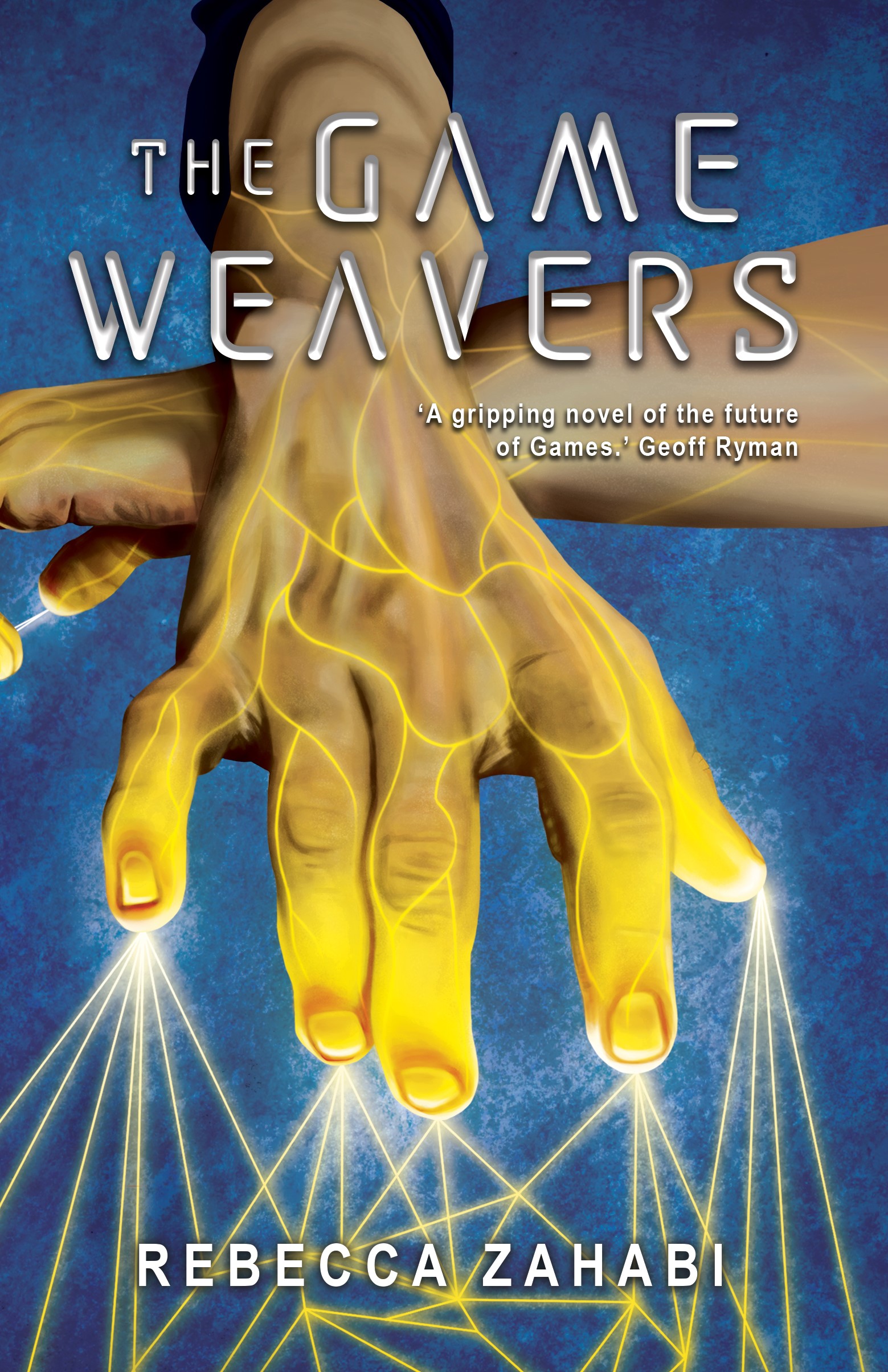We’ve always been big consumers of stories, and we’ve got a plethora of stories now, in the digital form. So why read books at all?
1.Read like you go to fitness: because it’s healthy. Your brain needs exercise too.
Reading is more work than binge-watching a series. But I would like to argue that reading is a better choice specifically because it asks more from us. This doesn’t mean reading should be a chore – like sport, it’s fulfilling to do, and you get better at it with practice. With reading, we’re in control. We chose the rhythm, the speed, even the order. We can skip pages if we want, or only read the point of view characters we like best. Afterwards we remember the stories more vividly, because we’ve been part of their creation – we tuned the characters’ voices, we painted their features.
It’s the difference between taking the bus and cycling: both can get you somewhere new and enticing, but they are very different experiences.
2. Read like you do yoga, or whichever mindfulness practice suits you best. To pause. To stop running, to take the time to breathe.
A book won’t ever ping with a notification. It won’t interrupt your reading with depressing information about what’s happening around the world, a text from your relatives, or an update from work. A book, I find, helps me focus. It slows down the world until it’s at a manageable pace. It’s not screaming information non-stop. It’s not paid by the number of times it catches your eye or how long your attention-span takes to switch. If only that – once purchased, the book isn’t making money from me enjoying it.
A book waits for me, and when I’m ready, it shares its secrets without distractions.
3. Read like you go to the pub with friends: for the human experience. You’ll meet interesting people, some dead, some who don’t speak your language, some you would rather never meet in person. Some you’ll love.
And the human experience won’t always come from the book itself. When you read in public spaces, people tend to lean over to catch a glance of the title. If you’re reading something which sounds provocative or surprising – I love Dick, Why I’m no longer talking to white people about race – they might start a conversation. They might start a conversation if you’re reading something they love, just to tell you how much they enjoyed the book too.
A book is more open than a screen. It tells the story from its cover, from the angle of its pages. It draws other people in.

4. Read like you like you stop to touch an old stone with a dated engraving, like you visit buildings built centuries ago – to go back in time.
Books allow you to time-travel, and read lines written by someone who is now long dead. Films, radio, television only go back in time so far. With reading, you can go all the way back to the Epic of Gilgamesh. It’s very intimate – the only thing standing between you and the author are the words.
One person was alone in silence pouring over these pages, once. And now here you are, alone in silence, pouring over the same pages.
5. Read like you go to the countryside, to leave the city behind, to broaden your horizons, so you can see further than the next building or the next screen.
When you decide to read a book, it can come from any number of places: a cover that caught your eye on a friend’s shelves, a spacious central library, a tiny bookshop huddled in a small side-alley. It’s often a chance encounter. What I mean by that, is that books can come from outside the feedback loop. They’ve not been picked by an algorithm to fit your feed. They bring new ideas to the table.
For a while, you have to invest time into something which isn’t your everyday life, which might touch upon a subject you’ve never thought about, a culture you don’t know, a country you haven’t visited, a future you haven’t imagined. You can visit hobbit holes with Tolkien, or you can read a first-person intimate story of someone who isn’t your gender; you can travel to a version of the future where everything went wrong, or one where everything went right.
I think we all need to take time out from our everyday lives. Stepping into a book is like stepping into a landscape – it brings you outside. Outside of yourself, outside of your life, to someplace else.
Are you up for the adventure?
The Game Weavers is out today from ZunTold Publishing priced at £9.99
